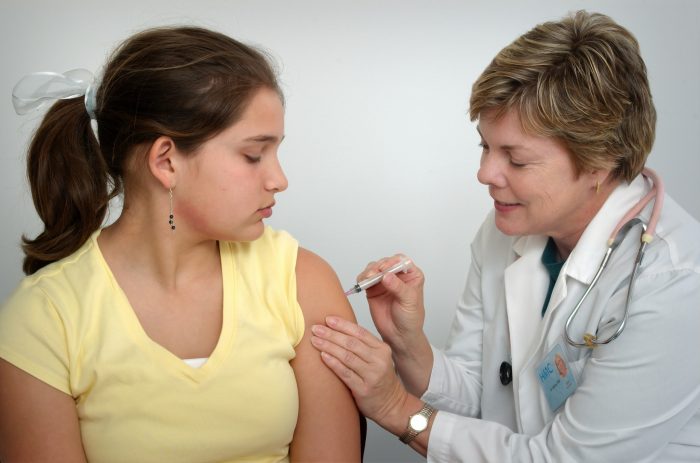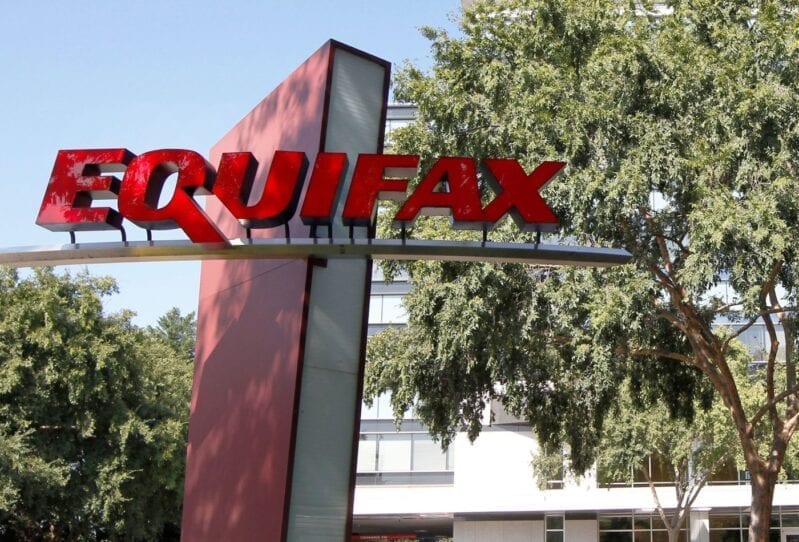The FDA Now Warns That Rare Heart Inflammation Can Happen With The Pfizer And Moderna Coronavirus Vaccines
Let me preface this by saying, you should probably still get the coronavirus vaccine — the benefits greatly outway the risks associated with the shot.

With that being said, the FDA is now warning that a potential side effect of the coronavirus vaccine could be “myocarditis” or “pericarditis.”

But, what are these two heart problems that can be associated with the vaccine?
Myocarditis is an inflammation of the heart muscle (myocardium). Myocarditis can affect your heart muscle and your heart’s electrical system, reducing your heart’s ability to pump and causing rapid or abnormal heart rhythms. — There’s no specific prevention for myocarditis.
MayoClinic
Pericarditis is swelling and irritation of the thin, saclike tissue surrounding your heart (pericardium). Pericarditis often causes sharp chest pain and sometimes other symptoms — Pericarditis is usually mild and goes away without treatment.
MayoClinic
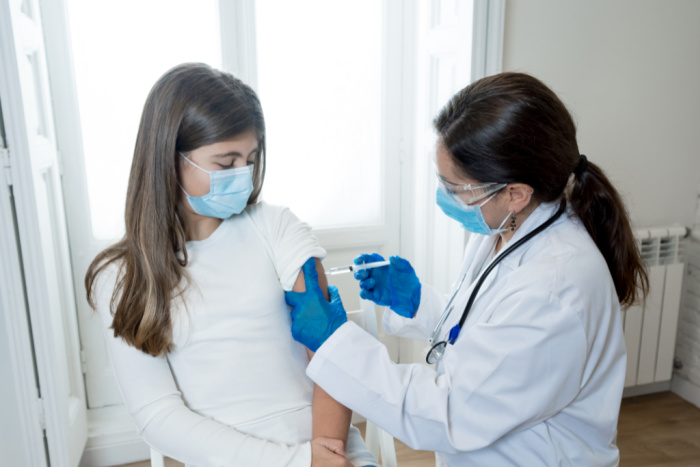
The FDA has added the complications to their Pfizer and Moderna Fact Sheets — so it is definitely something that you need to watch out for.
According to Forbes, you need to be looking for these side effects especially after your SECOND dose of these mRNA vaccines.
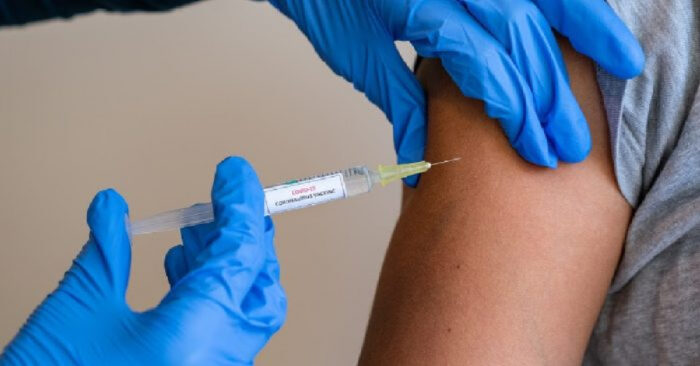
Now, about 150 million people have been fully vaccinated thus far, and only about 300 confirmed cases of that 150 million number are people who have come down with heart complications due to getting the shot.
In other words — having either one of these complications from getting the vaccine is like — now, I don’t do math — but I am pretty sure you have better odds of getting struck by lightning than ending up with heart problems from the vaccine.

Not to mention, almost none of the cases of pericarditis or myocarditis have been severe enough to warrant great concern.
Most commonly there is some acute chest pain for several days and then symptoms will rapidly taper off.
Timothy C. Wong, MD MS, Assistant Professor of Medicine at the University of Pittsburgh Medical Center and Director of the UPMC Heart and Vascular Institute Cardiovascular Magnetic Resonance Center

Now, I’m not dumb. I am aware that anytime you have chest pain, it’s not good.
I DO have a nursing license, afterall.

But, being wise to the fact that you MIGHT experience chest pain that is going to dissipate over time, is still worth getting the vaccine to me.
Some of the patients have been prescribed anti-inflammatory medications, some have just used over-the-counter ones, and some have not used any medications to recover.
Timothy C. Wong, MD MS, Assistant Professor of Medicine at the University of Pittsburgh Medical Center and Director of the UPMC Heart and Vascular Institute Cardiovascular Magnetic Resonance Center

There are also about eleventy hundred things that can cause this inflammation of the heart muscle or heart sac. It is highly possible that you are experiencing what you think is a side effect of the vaccine, and it is something different altogether.
Always, Always, Always get a doctor to assess your situation. Let them make the call, and treat you appropriately.

By the way, you can also get myocarditis or pericarditis if you actually contract the coronavirus.
— the risks to the heart from COVID-19 infection can be more severe [than that of the vaccine].
From a statement of the CDC Advisory Committee on Immunization Practices
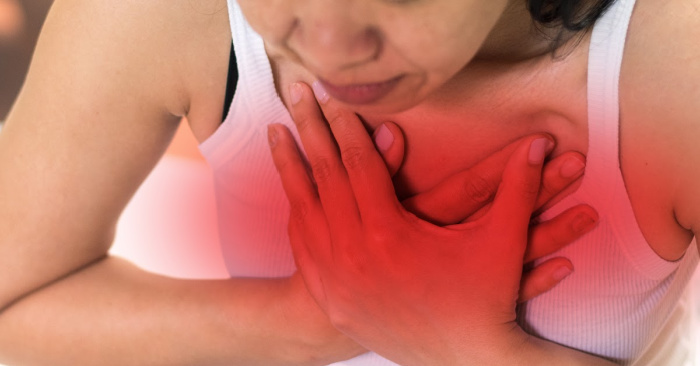
So, once again, take into consideration the pros and cons of getting the vaccine — and then, if you’re comfortable, just take the plunge and get it.
